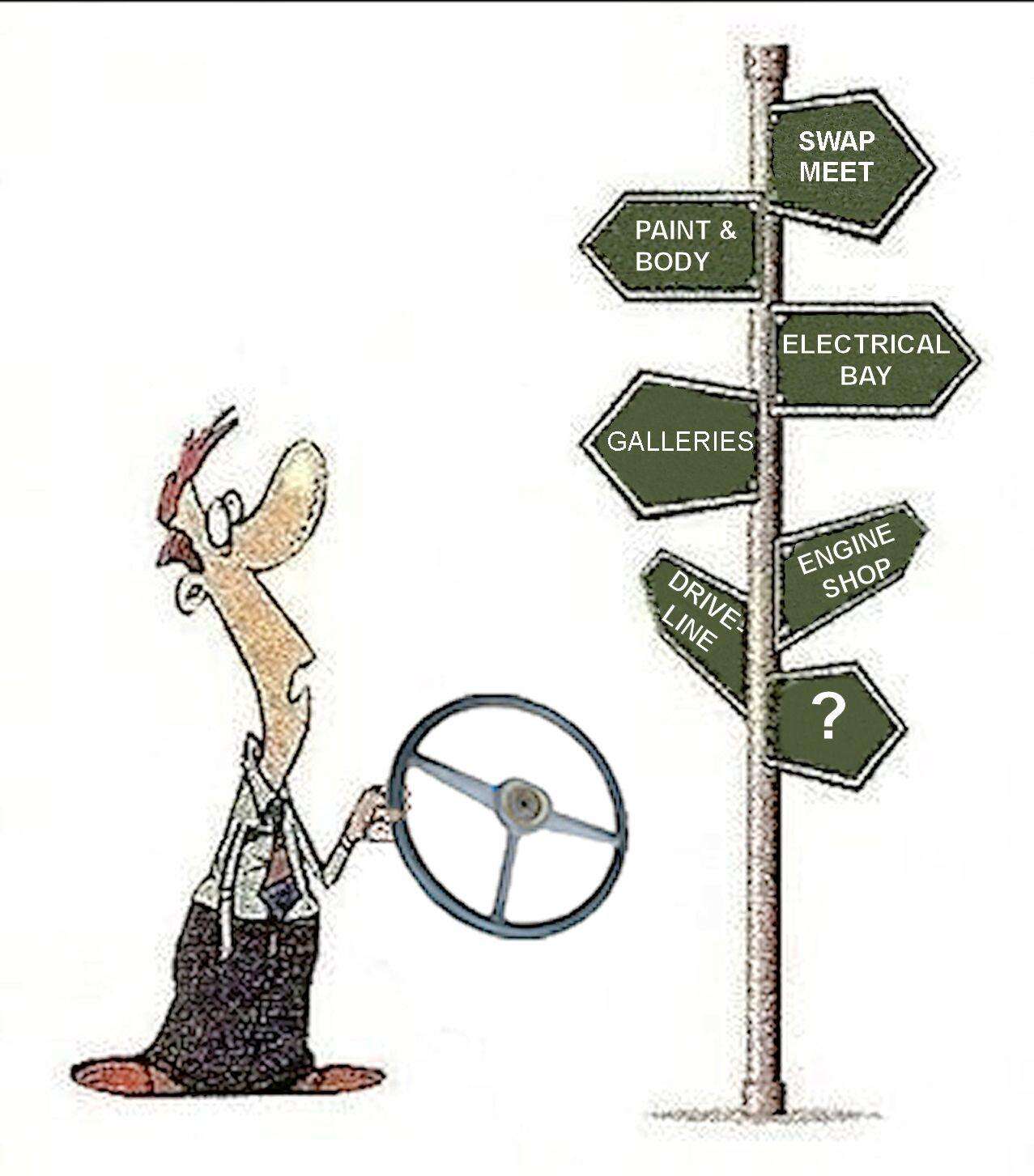| |
BUSY BOLTERS Are you one?  The Shop Area The Shop Area
continues to pull in the most views on the Stovebolt. In August alone there were over 22,000 views in those 13 forums.
| | Click on image for the lowdown. 
====
| | |
1 members (Rich'sToys),
500
guests, and
1
robot. | | Key: Admin,
Global Mod,
Mod | | | Forums66 Topics126,777 Posts1,039,267 Members48,100 | | Most Online2,175
Jul 21st, 2025 | | 
#92510 07/29/2005 5:00 AM | Joined: Apr 2004 Posts: 219 Shop Shark | | Shop Shark Joined: Apr 2004 Posts: 219 | I've been wanting to post this for a while. If you're buying a maintainance free battery for your Stove Bolt, you may want to think twice. It probably is not comapatible with your charging system. Lead/calcium batteries are not very resistant to "deep-cycling" (deep discharge followed by a full charge). This made them inappropriate for uses such as to power trolling motors in fishing boats. It also required a higher charging voltage. General Motors studied the charging characteristics of lead/calcium batteries and set the voltage regulators of cars equipped with the "Delco Freedom II" battery at 14.8 volts. Lower settings prevented charging to full capacity. This is too high for lead/antimony batteries and will cause them to lose water rapidly.
Older vehicles with voltage regulators set at about 14.0 volts simply will not fully charge lead/calcium or hybrid batteries. Stories abound of cars with older regulators leaving their owners stranded on cold mornings shortly after a "new, improved, maintenance-free" battery was installed. Even two weeks of sitting in the garage, with no load other than the electric clock and burglar alarm, can discharge a battery if the voltage regulator prevented it from being properly charged.
Antimony batteries are not campatible with the modern "high output" GM charging systems. It will "cook" the battery, greatly reducing life span. Did you ever see a battery tray & frame rail in a GM vehicle corroded? That's because an Antimony/Lead battery was installed, and boiled out it's contents. These charging systems require Calcuim/Lead batteries. These batteries need to be "force charged", and can handle the higher output of the GM charging systems.
Think about the next battery you but in your "Bolt"!!
Just thought I would share this with you guys.
Jim Sgrig | | | 
#92511 07/29/2005 5:16 AM | Joined: Feb 2002 Posts: 12,029 Cruising in the Passing Lane | | Cruising in the Passing Lane Joined: Feb 2002 Posts: 12,029 | and how do you identify the difference Jim? I've got 'maint free' [I thought] batts in the 58 w/ older style alt [3 wire w/ reg], and the 57 w/ original gen and have never had a problem - don't think I've ever seen an old original battery tray not corroded  Bill | | | 
#92512 07/29/2005 8:48 AM | Joined: Apr 2004 Posts: 219 Shop Shark | | Shop Shark Joined: Apr 2004 Posts: 219 | Red, any "sealed" battery will be a Calcium/Lead battery. I'm not saying everyone with a sealed batt will have trouble, just something to keep in mind. On the corrosion, I should have said any modern GM (80's & up) with the tray & frame rail corroded. This is from practical expeience. I've worked for GM for almost 20yrs. now. I've seen quite a bit. I had a customer today that reminded me of this. He wanted to know why his battery went bad so quickly. He had an aftermarket Antinony battery installed at a service station.
JS | | | 
#92513 07/29/2005 9:07 AM | Joined: Apr 2002 Posts: 1,571 Shop Shark | | Shop Shark Joined: Apr 2002 Posts: 1,571 | There are sealed batteries made specifically for deep-cycle situations. The Optima yellow-top comes to mind. However, I've talked to people who have been running 6v red-top Optimas in their trucks for years with no problems. | | | 
#92514 07/29/2005 4:29 PM | Joined: Jun 2004 Posts: 336 Member | | Member Joined: Jun 2004 Posts: 336 | I bought my 1980 truck new. The OEM Delco "maintenance free" battery caused terrible corrosion on the battery tray and front end sheet metal (arrgh!). I rebuilt the tray, cleaned up and repainted the sheet metal. For the last 20 years I have been using Interstate batteries in the truck with no problems (no further corrosion).
Is there a difference between the Delco and the Interstate? Would the size/capacity of the battery help prevent overcharge/boil over?
Gord
1954 1/2 ton 235 4 speed
| | |
|
|
| |